“There is big resistance to the energy transition in Switzerland”
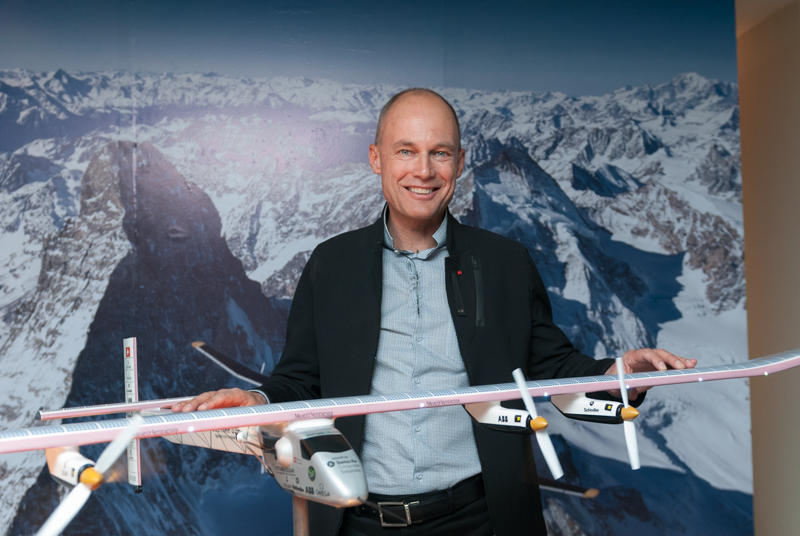
Psychologist and aviator Bertrand Piccard has twice made memorable global circumnavigations: first, in a balloon, and more recently with Solar Impulse, a plane powered by the sun. Our only limitations are in our minds, he tells swissinfo.ch.
swissinfo.ch: You have lived an eclectic life since childhood. Your grandfather Auguste and father Jacques were renowned inventors and adventurers of the skies and of the ocean depths. How did this background affect your course in life?
Bertrand Piccard: My father and grandfather influenced me, but also all the people I met through them during my youth: astronauts, explorers, divers, and environmental activists. They all had a desire to get out and discover the world, to go beyond what is known, to go beyond the limits.
It was then I realised that the impossible is only in our minds, not in reality.
swissinfo.ch: Some experiences can change us forever. Surely, you were not the same person after completing your round-the-world balloon journey. And as for the Solar Impulse adventure…
B.P.: Travelling around the world by balloon made me realise that I could achieve my dreams. Before that voyage, I had been only an observer of the dreams of others. Then, Solar Impulse taught me that I could be useful for the world.
The first was an individual dream. The second was an exercise in serving others.
swissinfo.ch: Solar Impulse made possible the impossible: flying without fuel. Will normal commercial passengers one day fly in solar airplanes?
B.P.: A solar plane is basically an electric plane which makes its own electricity using solar energy. Commercial transatlantic flights, with 400 or more passengers, will continue to use kerosene for many years. But planes of 50 passengers that use batteries charged with solar energy before take-off will be a reality in less than 10 years.
swissinfo.ch: Most of us would be satisfied after an achievement like Solar Impulse, but not Bertrand Piccard. What challenge comes next?
B.P.: My next challenge is to bring profitable environmental solutions to the world by the end of 2018 through the World Alliance for Efficient Solutions, created by the Solar Impulse Foundation.
We are bringing together individuals, start-ups and various businesses which have products, processes, ideas, or new technologies which are profitable and which protect the environment. The outcomes and conclusions which we come up with will be shared with governments around the world.
swissinfo.ch: With Solar Impulse and the solar-electric plane SolarStratosExternal link, Switzerland is becoming a solar aviation power. What is driving this?
B.P.: Switzerland is an innovative country with highly competitive universities. The Federal Institute of Technology in LausanneExternal link, for example, is extraordinary. There are small and medium-sized enterprises (SMEs) here which are really innovative. The country also has social stability, there are no strikes, and the government supports projects. It is a good country in which to be an entrepreneur.
swissinfo.ch: Swiss people vote on May 21 about the country’s future energy policy. What is your position on the issue?
B.P.: Switzerland could do much more. There is big resistance to the energy transition in the country. Right-wing parties and economic actors have not understood that it is the only way to modernize the country, to progress and to keep growing.
And their reasons are philosophical and political, not industrial. They reject initiatives that come from the left, from ecologists and the centre. They want to keep right-wing policies which harm the environment, without understanding that industry and the economy would be the biggest beneficiaries of clean energy systems. It’s a pity. They should think hard about it.
swissinfo.ch: Finally, do you fear death? Do you believe in God?
B.P.: No, I don’t fear death. All the same, I don’t want to die too soon. I still feel like I have many things to do. I see death as an adventure in itself. I would be interested to see what is on the other side.
On God, I believe in whatever created mankind. But not in the God that mankind created. Religions offer human solutions to questions which have no answers. Spirituality itself, on the other hand, allows us to ask these unanswerable questions. This makes us more humble and tolerant.
Auguste Piccard (1884-1962) was the first man to reach the stratosphere in a balloon and invented the deep diving vessel he called a “bathyscaphe”.
He was the model for Professor Calculus in the Tintin comic books. Author Hergé described him as the “archetypal scientist.”
His son, Jacques (1922-2008), worked with his father, and in 1960 made the deepest dive in history, to 10,915 metres.
Bertrand Piccard (1958- ) and his co-pilot Brian Jones were the first men to circumnavigate the world non-stop in a hot air balloon. Bertrand then made the first round-the-world solar flight.
Auguste’s twin brother, Jean, was also a balloonist and balloon engineer. He died in 1963. Captain Jean-Luc Picard in Star Trek is named after one or both of the twins.
Jean’s son, Don, carried on the family ballooning tradition in the US, working on a number of technical innovations and pioneering ballooning as a sport.
Translated from Spanish by Domhnall O’Sullivan

In compliance with the JTI standards
More: SWI swissinfo.ch certified by the Journalism Trust Initiative
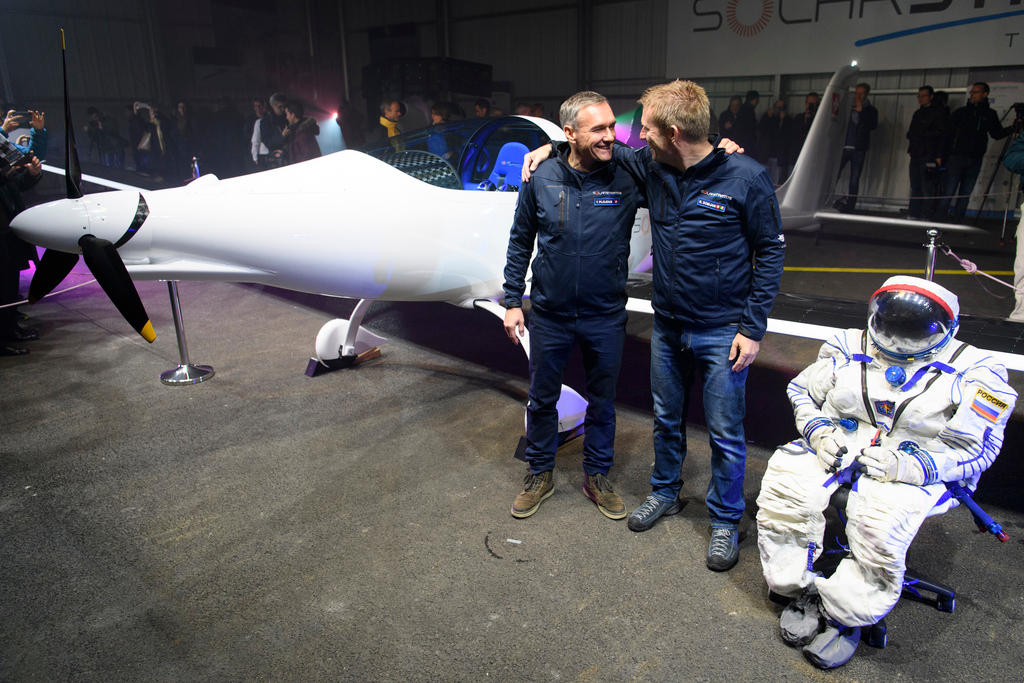
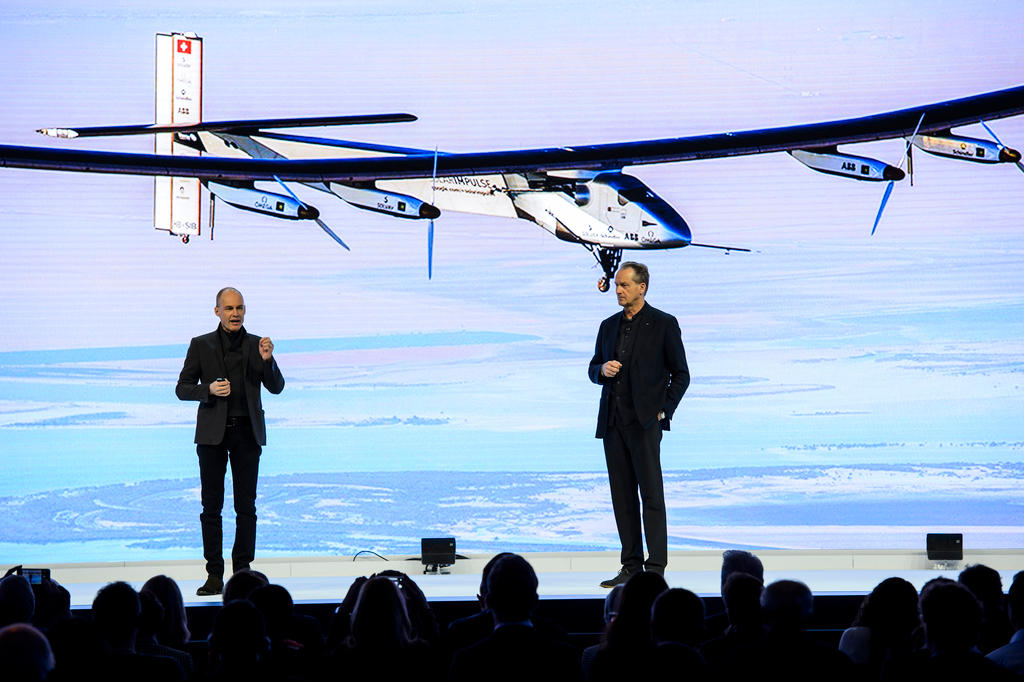
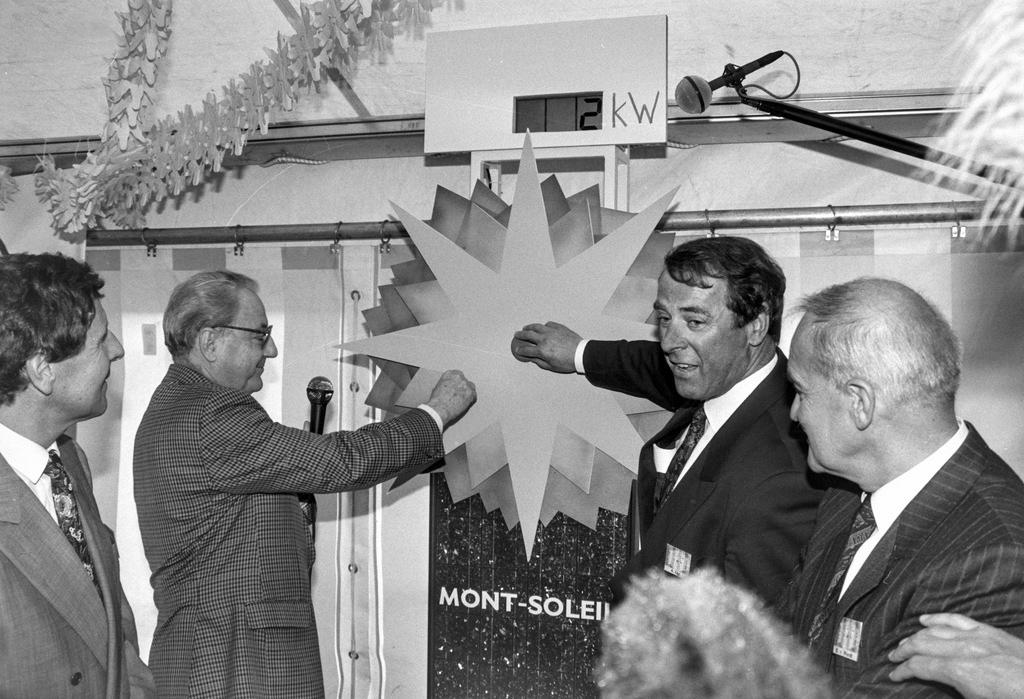
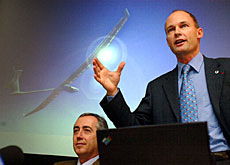
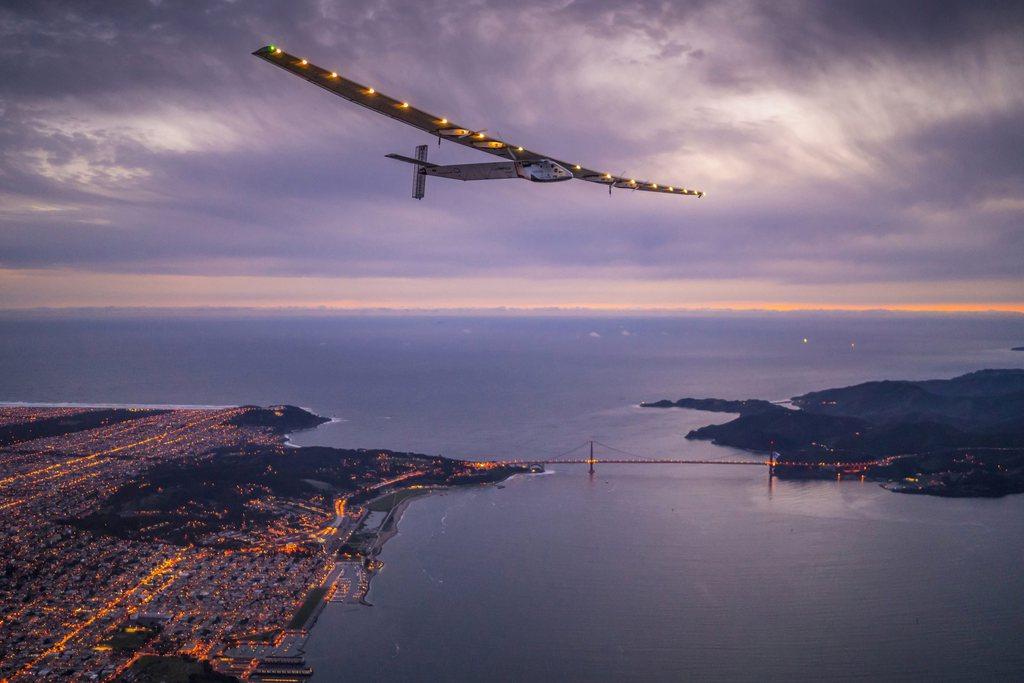
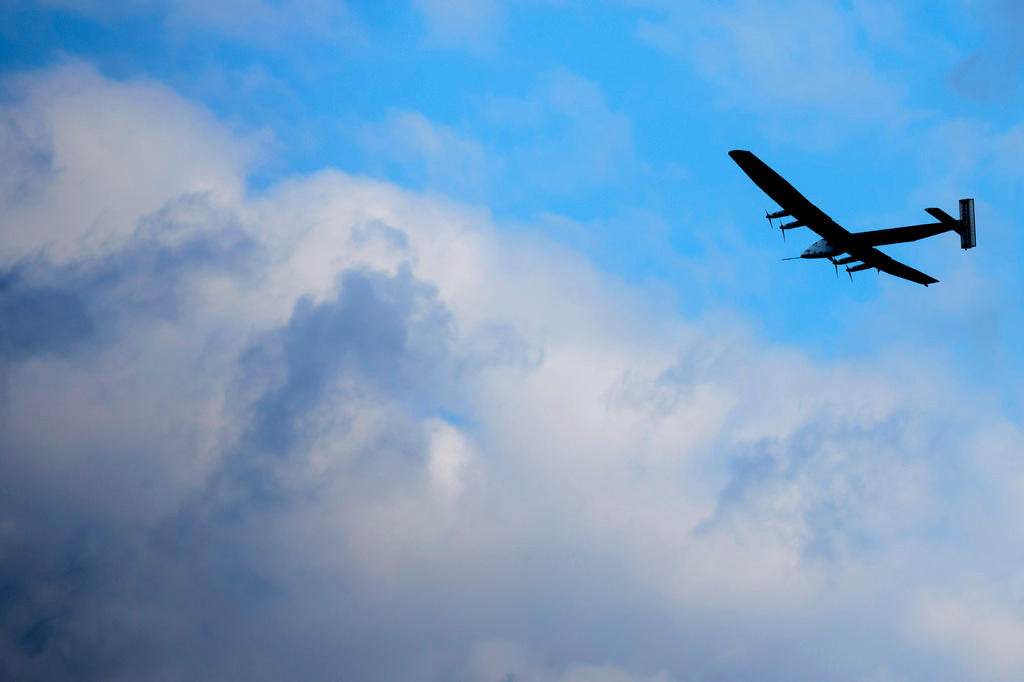
You can find an overview of ongoing debates with our journalists here. Please join us!
If you want to start a conversation about a topic raised in this article or want to report factual errors, email us at english@swissinfo.ch.